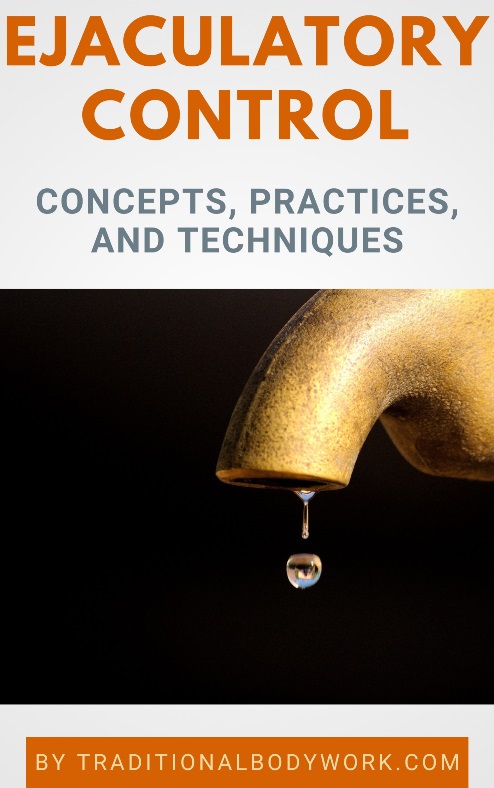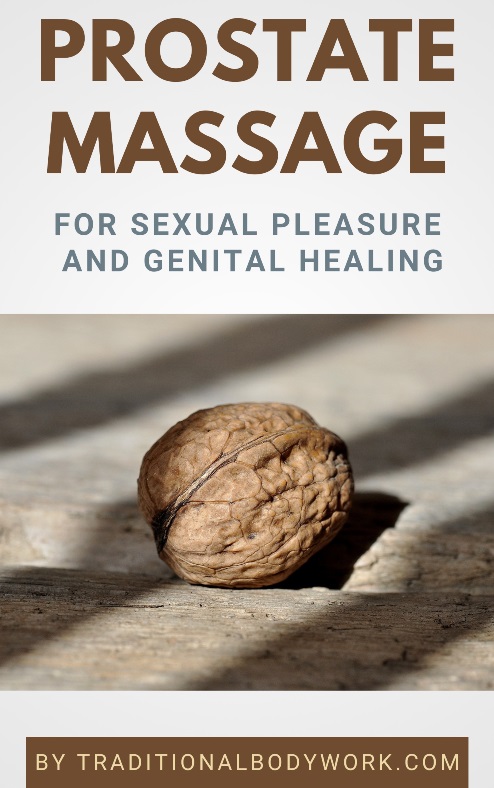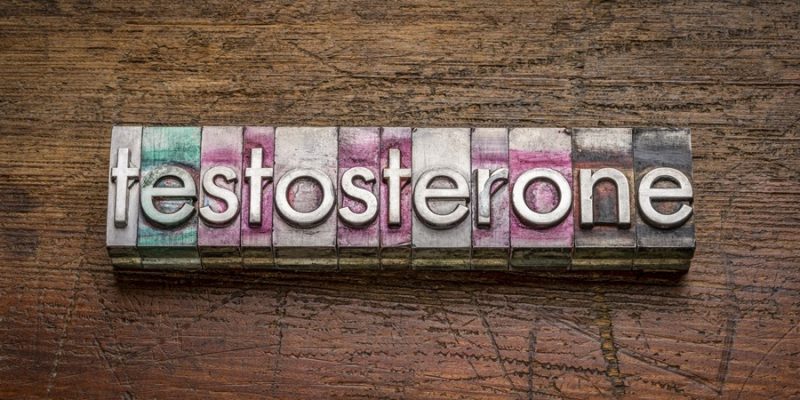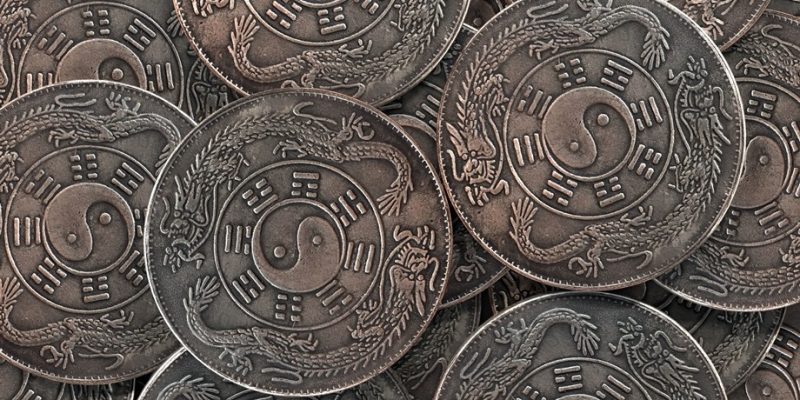
The idea behind Semen Retention practices is that they can impart a range of health benefits, which include things such as enhancing sexual pleasure, boosting testosterone levels, curing sexual dysfunctions, improving one’s sex life, promoting fertility, virility and vitality, improving self-confidence, perseverance, and self-control, increasing physical, mental, and cognitive health, and attaining longevity and spiritual growth.

At first sight, the core of the practice seems to be to retain semen, but actually it’s about retaining sperm (the male reproductive cell) that’s contained in semen, because sperm is thought to be a carrier of Sexual Energy which is a manifestation of Vital Life Force or Creative Life Energy.
Hence, Semen Retention is mostly about not losing or not wasting Life Energy (or Sexual Energy), and moreover, transforming this energy into other “higher essences” to obtain certain physical, emotional/mental, and spiritual health benefits.
Now, the question raised in this article is if castrated or emasculated men, or men who have had a vasectomy (male sterilization) automatically reap all the benefits mentioned at the top of this article.
The thing is that, in a logical sense, they wouldn’t need to practice Semen Retention, because either sperm isn’t produced any longer (in those men who are castrated or emasculated), or sperm doesn’t leave the body (for those who had a vasectomy), and that would mean they would be able to profit from the health benefits.
Nevertheless, according to the Taoist Sexual Practices it’s not only about sperm that stays in the body, but also about working with the energetic load of sperm by transforming and circulating the retained energy through the body for health benefits. In these esoteric Taoist practices one can find a variety of exercises and techniques that do just that. By the way, the same ideas can be found in Tantric practices.

Interesting enough there has been some research about the issue of longevity (a long life) and overall health in relation to castration and emasculation. One of the reasons to conduct this research was the historically reported phenomenon that eunuchs (a traditional term used for men who have been castrated or emasculated) lived longer than those who were not castrated or emasculated.
In fact, several studies concluded that — on average — eunuchs live between 14 and 19 years longer. You can find some info about these studies in the following articles: Castrated men live longer, The lifespan of Korean eunuchs, Male castration, longevity and testosterone, and Eunuchs reveal clues to why women live longer than men.
Although not entirely scientifically proven — mainly because not all possible factors have been taken into account in the different studies — it’s “somewhat” generally concluded that because castrated and emasculated men have lower levels of testosterone (and other male sex hormones) they may be less prone to illness and live longer. As it is, higher levels of testosterone are associated with higher risks of various diseases, such as immune system weaknesses, excessive DNA aging, prostate cancer, and cardiovascular diseases.
But to be unambiguously clear: some researchers have discarded the methods of research, and moreover, even in the studies that make the connection between testosterone and longevity it’s stated that it’s just a hypothesis which needs to be further researched. In fact, although castration in animals prolongs their lifespan it’s not clear if this is also the case in humans. Yet, it’s an attractive hypothesis, notably because it would also explain why women (who have lower levels of testosterone) on average live longer than men.
As for vasectomy, that’s a completely other story. Vasectomy doesn’t reduce testosterone levels because the testicles are still present and working normally, it’s just that the sperm cannot reach the urethra and finally the penis to be ejaculated.
There have been many studies on the relationship of vasectomy and longevity, but the overall conclusion is that there’s no hard link there with either a reduced life span or increased life span. However, it’s interesting that statistics have shown that men who have undergone a vasectomy are often higher educated, financially better equipped, and have private health insurance, which would indicate that they would have easier access to healthcare and better informed health education, and that — as reported in some studies — most probably has caused data to indicate that men who are sterilized live longer.

At any rate, it doesn’t seem that we can prove that castration, emasculation, and/or vasectomy — procedures that lead to producing no sperm at all or to sperm retention — contribute to a longer life span. Most likely, social factors and lifestyles of men who have undergone one of these procedures play a role in studies that have concluded that they live longer.
Testosterone levels that are too low can cause a range of health issues, but on the other hand — paradoxically — it’s also associated with health benefits such as a better immune system, decreased DNA aging, and lower risks of prostate cancer and cardiovascular diseases, and therefore — a longer life span. Nevertheless, this has nothing to do with Semen Retention in relation to longevity, because it’s thought that Semen Retention rather increases testosterone levels.
In fact, it seems that Semen Retention perhaps only becomes effective as a means to longevity if one believes in the Eastern ideas about it such as practiced in Tantra and in Taoism. That is, one needs to work on an energetic level — often by using somatic practices and techniques — with the semen (i.e. sperm) that has been retained in the body.















